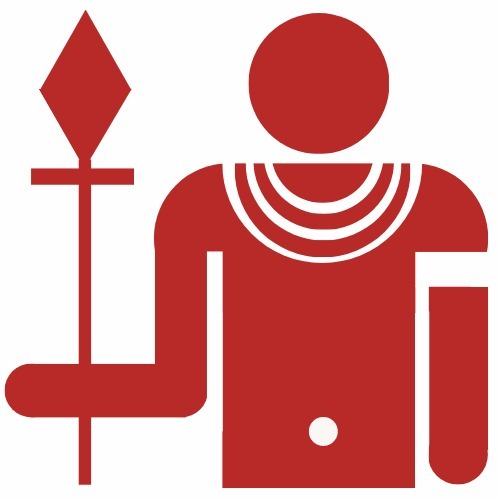New hi-tech concepts for soil conservation were launched on World Soil Day, as FAO Deputy Director-General Maria Helena Semedo noted that more attention of the health and management of the planet’s soils would require meeting the challenges of feeding a growing world population while coping with climate change and increased scarcity of natural resources.
According to Semedo, from the origins of civilization in early farming communities to today, societies have prospered thanks to healthy soils but declined when their lands became degraded or infertile. Thus, among a few activities, FAO launched a new online “soil portal,” offering a comprehensive collection of soil maps and over 700 technical reports.
The government of Thailand has been a leading proponent of the UN officially establishing December 5 as “World Soil Day” as a way to raise awareness of the importance of this natural resource to agriculture, biodiversity and the climate of which the UN General Assembly is currently reviewing that was endorsed in June by the FAO Conference. As Semado has emphasized, the importance of soil for food security should be obvious of which has lead to the launch of a new portal focused on soil conservation among various activities.
Semado noted that healthy soil is not only the foundation of food production, but serves other functions. Soil for instance, is critical to the health of ground and surface waters and ecosystem health, and sequesters twice as much carbon as is found in the atmosphere.
“Until recently, soils were the most overlooked and widely degraded natural resource. Today that state of affairs that has at last begun to change, with World Soil Day poised to be recognized by the United Nations and a new, international Global Soil Partnership tying you all together,” Semedo informed participants, who came up with innovative ideas on soil conservation.
The Youth and United Nations Global Alliance (YUNGA) announced the launch of a new “soil badge” of which scouts and other students can earn by completing a series of educational activities focused on soil and soil management.
The Ministry of Economic Affairs of The Netherlands, Policy Coordinator, Wouter Verhey, presented SoilGrids1km, a new innovative system for producing updatable soil property and class maps for the entire world, developed by the International Soil Reference and Information Centre (ISRIC) at Wageningen University. The system used to produce SoilGrids 1km constitutes a contribution to the GSP’s global soil information system effort.
Moreover, the Geological Surveys of Europe, EuroGeoSurveys, EGS, launched a new database making information on the chemical composition and quality of soils in 33 European countries, including the presence of naturally occurring as well as man-made pollutants, readily available.
Lastly, while FAO’s recently established Global Soil Partnership (GSP), it is working to establish a new global soil information system that will begin functioning by 2014 and is expected to be fully operational within four years.


